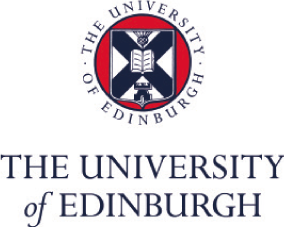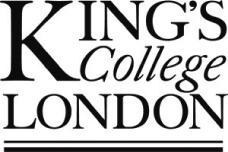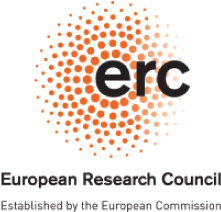Since March 16th 2020, when the WHO Director General dramatically demanded that countries ‘test, test, test,’ to halt the rapid escalation of the COVID-19 pandemic, the world has been rapidly inducted into the intricacies of medical testing. Terms like ‘sensitivity’, ‘specificity’, ‘viral load’, ‘PCR’, ‘antigen’, ‘antibody’, ‘lateral flow immunoassay’, which only a few months ago seemed to belong to the remote realm of laboratory science, have today become common parlance as governments have raced to establish the largest scale mass testing regimes we have ever seen.
As testing has become our most immediate route back to a ‘new normal’, it has become quickly apparent that achieving pandemic control through testing is not only a question for science and technology, but is a deeply social, ethical, and political problem. Public trust in government hinges on the multiple of thousand tests they run each day; the decision to get tested entails moral dilemmas about the private and public implications of a positive result; and businesses, government and members of the public must navigate a thicket of uncertainties around the accuracy and use-value of novel tests.
When the Director General made his fateful remarks, our team was three years into an anthropological research project on the role of diagnostic devices in global health: in public health emergencies such as the West Africa Ebola outbreak, in the elimination of neglected tropical diseases such as river blindness, and in the delivery of universal primary healthcare. With all eyes now on testing, we have pivoted our research to examine both what insight our existing research can provide to the current pandemic response, and how the unprecedented drive to scale up testing in the current crisis is transforming the status of medical testing in global health.




